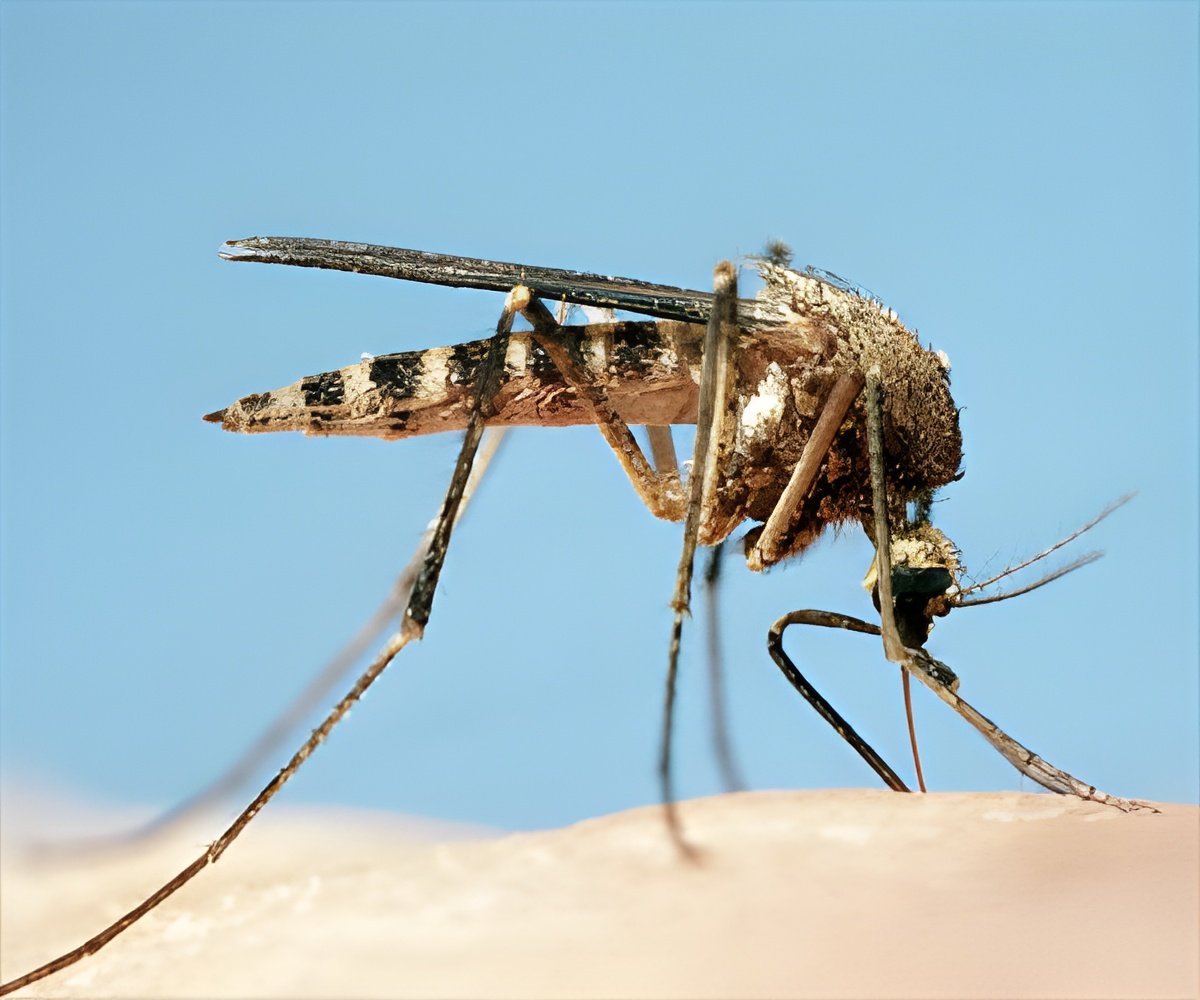More than 10,000 ‘good’ mosquitoes have been released by a team of Brazilian researchers in Rio de Janeiro in order to contain the spread of dengue fever.

The intercellular bacteria, Wolbachia, found in 60 percent of insects, could not be transmitted to humans and it acts like a vaccine for the mosquito which carries Dengue, Aedes Aegypti, stopping the Dengue virus multiplying in its body.
Ten thousands mosquitoes would be released each month for four months with the first release in Tubiacanga, in the north of Rio.
Wolbachia also has an effect on reproduction. If a contaminated male fertilizes the eggs of a female without the bacteria, these eggs do not turn into larvae. If the male and female are contaminated or if only a female has the bacteria, all future generations of mosquito would carry Wolbachia.
The plan was part of a programme also taking place in Australia, Vietnam and Indonesia.
Advertisement














